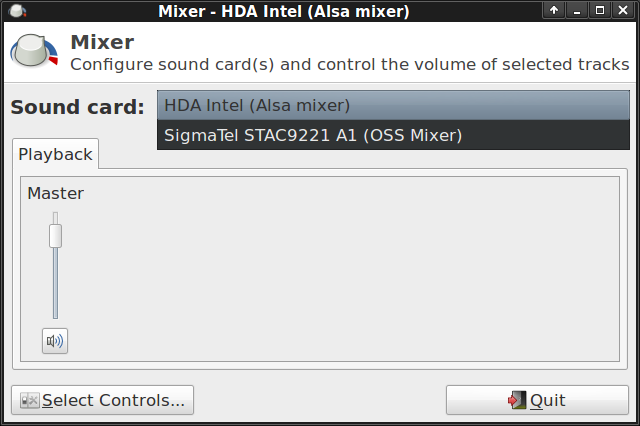Originally posted by pingufunkybeat
View Post
Originally posted by pingufunkybeat
View Post
Originally posted by pingufunkybeat
View Post
Originally posted by pingufunkybeat
View Post
Originally posted by pingufunkybeat
View Post
Originally posted by pingufunkybeat
View Post
Originally posted by pingufunkybeat
View Post
Originally posted by pingufunkybeat
View Post
Originally posted by pingufunkybeat
View Post


Comment